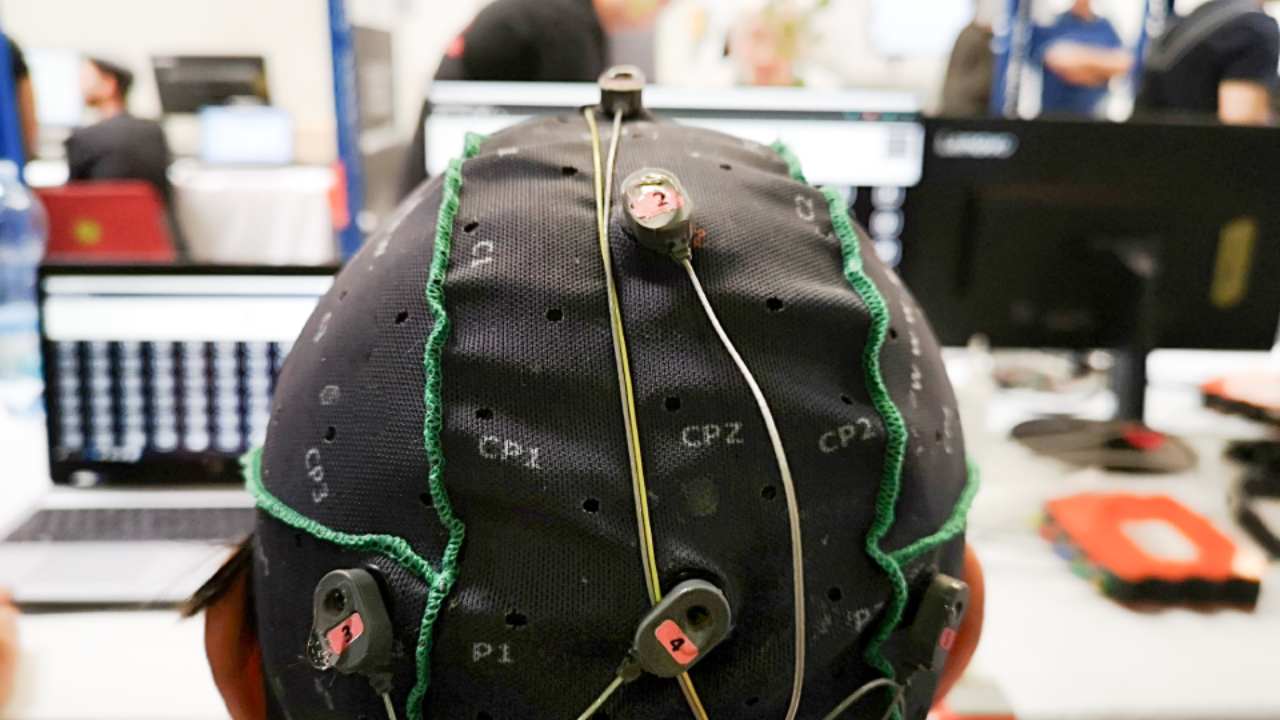
Dementia is a growing concern worldwide, with millions of people affected by this condition every year. However, research has shown that there are actionable steps we can take to reduce the risk. By focusing on the 5 key domains of dementia prevention, you can actively support your brain health and reduce your chances of developing dementia as you age.
At the Kimel Family Centre for Brain Health and Wellness we are the first community centre completely focused on brain health. In our program we start participants off with a brain health assessment then followed by a tailored program for each participant based on their risk factors. We then track the participants progress over years, as a part of our larger dementia prevention study offering support and resources every step of the way.
You don’t need to be a member of the Kimel Family Centre to start building brain-healthy habits though, we’ve compiled a handy list below of the brain health domains you should start incorprating into your life today to help preserve and prolong your cognition.
The 5 Domains of Dementia Prevention
1. Cognitive Engagement
Engaging your brain in stimulating activities is one of the most effective ways to maintain brain health. Cognitive engagement includes activities that challenge your brain, such as reading, puzzles, playing musical instruments, learning a new language, or exploring a new hobby. These activities help build cognitive reserves, which can delay the onset of dementia symptoms.
Tips for Boosting Cognitive Engagement
- Dedicate time daily to reading or learning something new like a language or instrument.
- Try brain-training apps or puzzles to keep your mind sharp.
- Engage in social activities that require strategic thinking, like board games.
2. Physical Activity
Regular physical exercise is a powerful tool for maintaining brain health. Exercise increases blood flow to the brain, reduces inflammation, and promotes the growth of new brain cells. It also helps manage risk factors such as high blood pressure, diabetes, and obesity, which are associated with a higher risk of dementia.
Tips for Incorporating Physical Activity
- Aim for at least 150 minutes of moderate exercise per week, such as brisk walking or swimming.
- Include strength training exercises at least twice a week to improve overall fitness.
- Consider activities that combine physical and cognitive engagement, like dancing or pickleball.
3. Nutrition
What you eat plays a crucial role in dementia prevention. A diet rich in fruits, vegetables, whole grains, lean proteins, and healthy fats can support brain health. The Mediterranean diet and the MIND diet (Mediterranean-DASH Diet Intervention for Neurodegenerative Delay) have been shown to lower the risk of cognitive decline.
Nutrition Tips for Brain Health
- Include leafy greens, berries, nuts, and fish in your diet, as they are rich in antioxidants and omega-3 fatty acids.
- Limit your intake of processed foods, sugar, and saturated fats.
- Stay hydrated, as even mild dehydration can affect cognitive function.
4. Social Interaction
Staying socially active is another important aspect of dementia prevention. Engaging with others helps to strengthen cognitive reserves and reduces stress, which can protect against cognitive decline. Studies have shown that individuals with strong social networks are less likely to develop dementia.
Ways to Boost Social Interaction:
- Participate in community groups, clubs, or volunteer activities.
- Maintain regular contact with friends and family.
- Consider joining a class or interest group to meet new people and engage in stimulating conversations.
5. Mental Health
Mental health plays a critical role in dementia prevention. Chronic stress, anxiety, depression, and other mental health issues can negatively affect brain function and increase the risk of cognitive decline. Managing mental health through relaxation techniques, therapy, and mindfulness can help reduce these risks. Maintaining a positive outlook and emotional balance is essential for brain health.
Tips for Managing Mental Health:
- Practice mindfulness or meditation to reduce stress and enhance emotional resilience.
- Seek support from a therapist or counselor if you experience symptoms of anxiety or depression.
- Engage in activities that promote emotional well-being, like journaling, relaxation exercises, or hobbies that bring joy.
Focusing on these five domains—cognitive engagement, physical activity, nutrition, social interaction, and mental health—can significantly reduce your risk of dementia while also benefiting your overall health. By making small, consistent changes to your daily routine, you’re not only protecting your brain but also promoting your heart health, reducing the risk of chronic diseases like diabetes, improving emotional well-being, and enhancing your quality of life as you age.
Prioritizing these dementia prevention pillars has virtually no downside. The steps you take today to protect your brain health will also help prevent many other diseases and improve your overall longevity. The benefits are far-reaching, supporting both mental and physical health, leading to a healthier, more fulfilling life. Taking action now means a brighter, healthier future for both your mind and body.
Related Articles: Brain Matters









